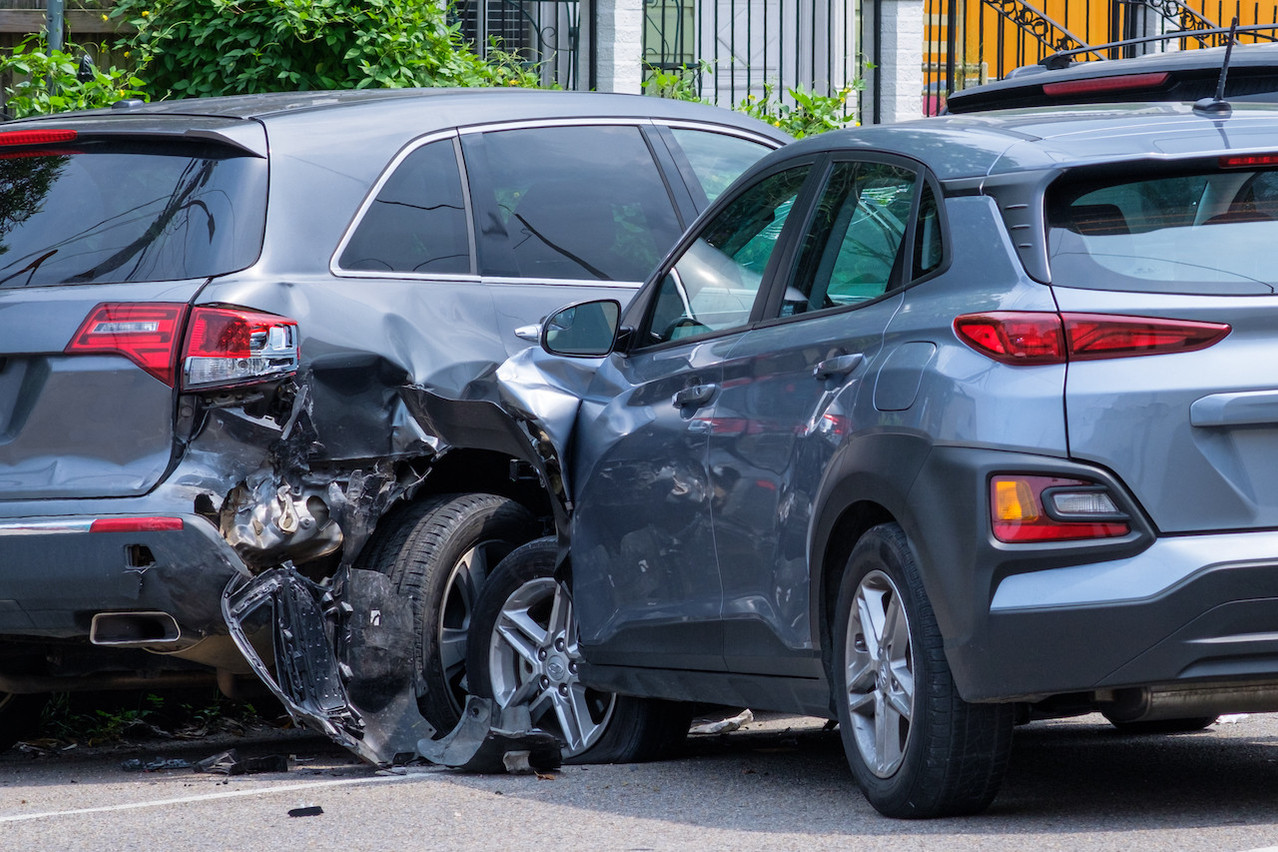On Friday 12 May, the deputies of the Finance and Budget Committee examined , which provides for the creation of the Motor Vehicle Insurance Insolvency Fund (Fonds d’insolvabilité en assurance automobile, or FIAA, in French). And its financing methods are not well received by the professionals.
The goal in itself is laudable: to ensure that in the event of an insurer’s bankruptcy, policyholders who are victims of a road accident are properly compensated. Although the bankruptcy of an insurer leaving its policyholders on the mat has never happened in Luxembourg, it is far from being a textbook case. In September 2021, the Romanian insurer City Insurance, which claimed a 45% share of the third-party insurance market, went bankrupt, leaving its clients out in the cold.
Partly in response to this, the sixth motor vehicle insurance directive--Directive (EU) 2021/2118 relating to insurance against civil liability with respect to the use of motor vehicles and the enforcement of the obligation to insure against such liability--has introduced the creation of a compensation fund in all EU countries. In Luxembourg, this fund will be called the Fonds d’insolvabilité en assurance automobile. From 23 December 2023, it will have to compensate victims of road accidents if the responsible insurance company has gone bankrupt or is in liquidation.
Until now, this compensation was the responsibility of the Automobile Guarantee Fund (Fonds de Garantie Automobile, or FGA in French), whose main task was to protect the victims of car accidents if the insurer/insurance company failed or if the person responsible was not identified.
A bill of €1m per year
The FIAA will be managed by the insurance commission and financed by professionals.
Financing has two stages. Ex ante, insurers will have to pay an annual contribution fixed at 0.5% of the car premiums issued from 2024. In 2022, the amount of premiums written was €180m. Taking into account the growth of the sector, the bill will approach €1m annually. “This is a considerable additional cost for insurers,” says , managing director of Luxembourg’s insurance and reinsurance association, the Association des compagnies d’assurances et de réassurances (ACA).
But that is not what worries him most. “The most worrying thing is the ex-post burden. If a major insurer were to default, the amounts would be of a completely different order.” For Hengen, the reform of the directive creates “a systemic risk.” “We still have players of extremely different sizes. The problems of a very large one will not be without influence on the health of others,” he says. “It is certainly a good protection for accident victims, but from there to creating a systemic risk that did not exist until now between insurers….” This “extraordinary” contribution will be proportional to market share.
The ACA opposed the directive all the way to the end and would have preferred the state to intervene more massively. Although there is a system of guarantees for loans that may be granted to the compensation fund--€300m may be granted in Luxembourg according to the bill annexed to the directive (8187)--Hengen considers it marginal.
It is now up to the council of state to give its opinion.
This story was first published in French on . It has been translated and edited for Delano.
